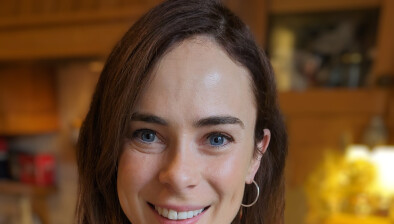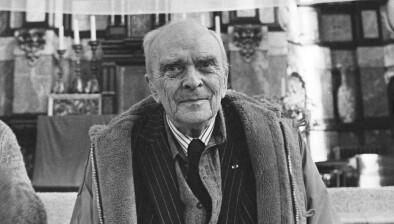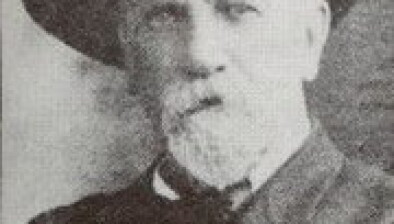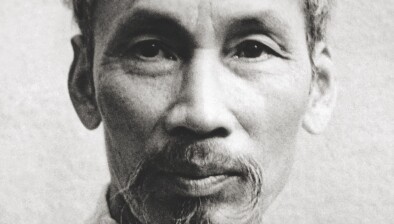Irish Legal Heritage: Sir Edward Carson at the Bar
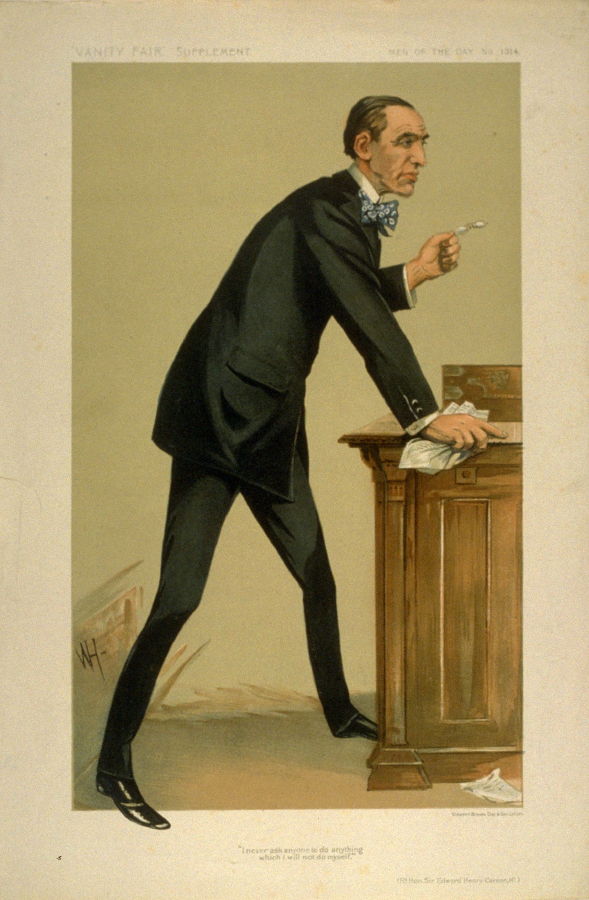
A caricature of Sir Edward Carson
in the UK magazine Vanity Fair (1912).
Sir Edward Carson’s controversial role in Irish history and status as a unionist icon has obscured his reputation as one of Ireland’s great legal figures.
Born in Dublin in 1854 and graduating from Trinity College with both a BA and an MA, he was called to the Irish Bar at King’s Inns in 1877 where he swiftly rose to prominence as one of the leading barristers in Ireland at the time.
His successful election as an MP for Dublin in 1892 and notable performances in English courts, particularly in regard to debates held over the Second Home Rule Bill, saw his fame rise throughout Britain. However, it wasn’t until challenging a fellow contemporary of Trinity College in court that he achieved international renown. That contemporary would be known as Oscar Wilde.
In 1895, Wilde brought a criminal libel case against the Marquess of Queensberry, John Douglas. Douglas had become enraged with Wilde, accusing him of a homosexual relationship with his son and left a calling card in Wilde’s club which read: “For Oscar Wilde, posing as Somdomite [sic]”.
Carson would represent the Marquess at the Old Bailey against the charge of criminal libel, with The Daily Chronicle’s court reporter remarking: “It was a duel of thrilling interest. Mr Carson’s wig throws his white, thin, clever face into sharp relief. When he is angry it assumes the immovability of a death mask.” (Lewis, 2005)
Ultimately, Wilde abandoned the case when Carson announced he planned to call several male prostitutes who would testify they had sex with Wilde. Such was the strength of the evidence against him, and Carson’s skilful cross-examinations of Wilde in the criminal libel case, a second trial was opened in which the famous playwright was found guilty of gross indecency and sentenced to two years’ hard labour.
Carson would again be the defence counsel for another defamation case – The London Evening Standard Newspaper v Cadbury’s Chocolate. The newspaper alleged that Cadbury knew their factories in England, which created the famous chocolate, was purchasing cocoa produced through the use of slaves on the Portuguese island colony of São Tomé. Whilst Cadbury didn’t deny slavery was most likely used to produce the cocoa, they denied the charge that they hadn’t tried to do anything about it.
Proving again his legal talent, Edward Carson asked of William Cadbury in the closing of his cross-examination: “Have you formed any estimate of the number of slaves who lost their lives in preparing your cocoa from 1901 to 1908?”
The clever question left Cadbury with no good answer to give, only mustering a weak: “No, no, no.” The jury awarded Cadbury a miserly sum of one farthing - another victorious case for Carson.
While opinion of Carson is often divided over his role in the establishment of Northern Ireland, it is easy to forget his talents in the courtroom.
By the age of 35, he became the youngest QC in Ireland and a mere three years later was appointed Solicitor-General. Such was his stature towards the later years of his life, he was invited to be the first Prime Minister of Northern Ireland in 1921. He declined the appointment and instead opted to leave some words of wisdom for his fellow Unionists: “From the outset let us see that the Catholic minority have nothing to fear from Protestant majority. Let us take care to win all that is best among those who have been opposed to us in the past. While maintaining intact our own religion, let us give the same rights to the religion of our neighbours.”
Seosamh Gráinséir







